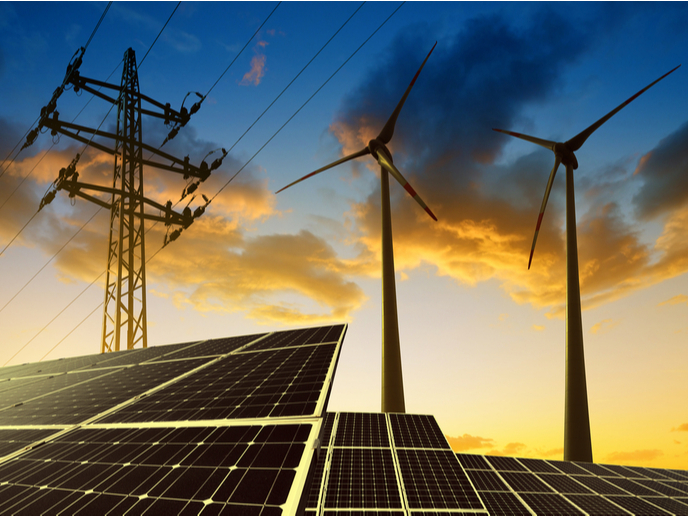Decarbonising energy supply by using community power
Renewable energy has become a mainstream source of power production. The estimated share of renewables in global electricity generation reached 26 % at the end of 2018, while far less growth occurred in heating, cooling and transport, according to the Renewables 2019 Global Status Report. With the increased use of renewable energy sources (RESs) like solar and wind, citizens and communities are seen as key to the clean energy transition’s success. Enter the EU-funded COMPILE project that focuses on demonstrating the potential of energy communities in achieving the decarbonisation of energy supply. The project also involves community building and creating environmental and socioeconomic benefits. Thanks to COMPILE, a village in north-east Ljubljana has made great strides in becoming the first self-sufficient energy community in Slovenia. “Two household batteries of 10 kW / 23,2 kWh and one of 10 kW / 11,6 kWh have been successfully installed and connected to the grid in [the] Slovenian village Luče,” as noted on the project website. In addition to the household batteries, a community battery will also be integrated into the grid. Luče is one of the five pilot sites participating in COMPILE, along with Križevci (Croatia), Rafina (Greece), Crevillent (Spain), and Lisbon (Portugal). The remaining partner countries are Belgium and Austria.
Energy community
A YouTube video explains the details of power storage solutions provided by COMPILE in Luče, which has a weak and unstable electrical connection to the main grid. The local power grid often suffers power failures and limits the integration of RESs, with voltage rising above the prescribed levels during the day. Extreme weather events like storms and snow often cause power outages. The Luče Energy Community (EnC) was established to address these issues. The EnC aims to increase the self-sufficiency and security of the local energy supply system, including residential and commercial buildings with high penetration of RESs. The project website summarises the benefits of the project, which will help Luče cover its electricity needs only from RESs. “The demo site will have a high grade of RES production units and a very diverse mix of energy systems.” The project website also emphasises that “it will be possible to test and analyse different scenarios like inclusion of very high grade of RES production on a microgrid level and also to prove that reliability of supply issues on microgrid level can be successfully addressed with energy management of Local Energy Communities.” The ongoing COMPILE (Integrating community power in energy islands) project “aims to activate and use Local Energy Systems in order to support the fast growth of energy production from RES in constrained networks, and foster the transition from centralized system with passive users into a flexible network of active users featuring energy communities,” as stated on CORDIS. Its demonstration cases include different approaches to the coordination of consumers, technology and business models with a high replicability potential. For more information, please see: COMPILE project website
Countries
Slovenia



